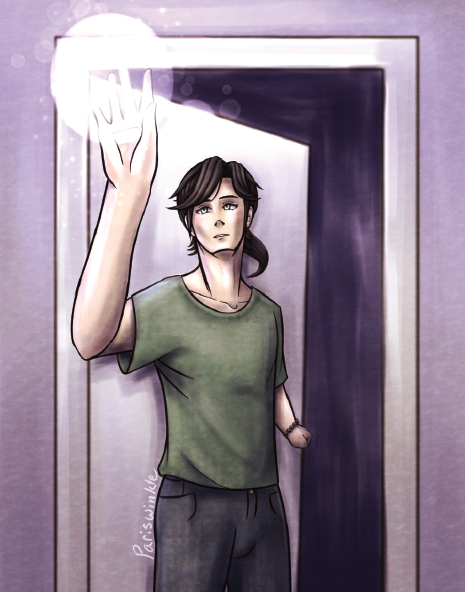Insurance
As you get older, you’re likely to assume more responsibility for your own expenses. These may include a car and rent and other living expenses. Managing such expenses is part of the transition to adulthood and can be both exciting and nerve-racking. They also create additional obligations, including the need for insurance. Furthermore, you may start to pay for your own health care costs, including health insurance, and consider life insurance.
AUTO INSURANCE
Driving is a wonderful privilege and a rite of passage that provides many young people a greater degree of independence. This privilege comes with several responsibilities, however. If you own a car, you are responsible for its care and maintenance. You must also follow the rules of the road and generally do all that you can to avoid accidents.
Despite our best efforts, accidents sometimes happen. This is where another responsibility comes into play—the responsibility to have auto insurance. Auto insurance is something you purchase from an insurance company through a payment (usually monthly) called a premium. In exchange for that premium, the company agrees to financially help if you get into an accident or your car is stolen.
The insurance company will not reimburse you 100% though. Rather, you will have to pay what’s called a deductible. A deductible is an amount you agree to pay out of your pocket if you get into an accident or your car is stolen. Deductibles vary in amount from $200 to $1,000 or more. Generally, the more you agree to pay as a deductible, the less you pay in premiums each month. Also, if your car is determined to be a total loss (meaning it can’t be repaired), then you will only receive the current value of your car as listed by a company called Kelley Blue Book. If you took a loan to buy your car, this amount may or may not cover what you owed on it at the time of the accident.
Each policy is different but may cover damage to your car and/or any other car in an accident, replacing your car if it is stolen, medical expenses for you and any other injured person and legal fees, if needed. Some policies may also cover losses due to weather, fires, earthquakes, riots and damage from animals. These additional types of coverage are usually under a comprehensive plan, which may be required by the bank that loaned you the money to pay for your car. If you do not have insurance, you become responsible for meeting these expenses yourself.
It is important to note that cars and trucks are not the only things that can and should be covered by auto insurance. For example, motorcycles, boats and recreational vehicles should also be covered. What’s more, vehicles are not alone in needing insurance.
It is important to note that cars and trucks are not the only things that can and should be covered by auto insurance.
HEALTH INSURANCE
Health insurance is a contract through which an insurance company agrees to pay some or all of your health care expenses in exchange for a premium, usually paid monthly. The insurance company may require that you pay a deductible each year before they start paying for your expenses. You may also have a co-pay, which means you pay a certain set amount or percent of each bill for a certain type of service. But you may not have to pay a deductible and a co-pay; it may be just one or the other, depending on the specifics of the policy. There are also government insurance programs. For more information on those, see this guide’s section on Health Care Benefits.

Illustration by Pariswinkle
RENTER’S AND HOME OWNERS INSURANCE
You can also purchase insurance that covers your home and its contents, for instance, furniture, clothing and other personal items. If you rent an apartment or house, you can get renter’s insurance, and some landlords require you to do so for a certain amount of coverage. Renter’s insurance provides you financial assistance (current item value) to replace items that are damaged due to disasters specified in the policy, such as storms, earthquakes and sometimes floods; however, flood insurance is often a separate fee or policy. Renter’s insurance also covers items that are stolen from your home. In addition to covering your possessions, renter’s insurance can pay your landlord for structural damages you cause, for instance, if a fire starts because grease splatters when you are cooking. Lastly, renter’s insurance may cover legal costs that arise from damages to a property.
If you purchase your own home, you are responsible for its care and upkeep. If your home is damaged by fire, adverse weather or another disaster, you would be responsible for repair or replacement. Home owner’s insurance assists with this. Depending on the policy, it can cover the building you live in as well as your personal items. If you have some personal items that are very expensive, such as unique jewelry or art, you may need to pay for extra insurance for them. You will also have to pay a deductible each time an incident occurs
LIFE INSURANCE
Life insurance pays for your final expenses after you die. Final expenses include things like burial, coffin, flowers, a funeral service and outstanding medical bills. If there is money left after these things are paid for, remaining funds are given to the person you selected, called a beneficiary